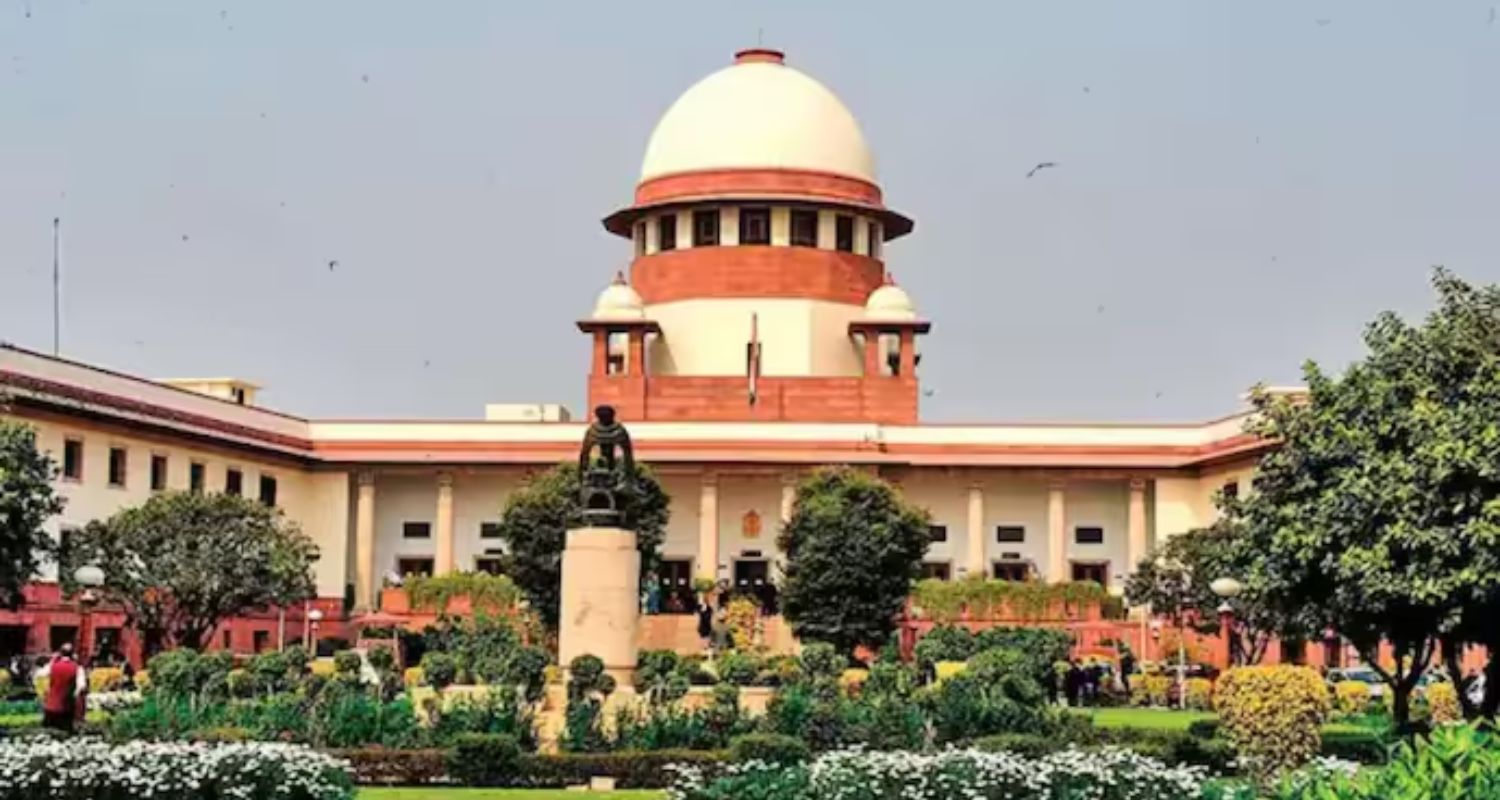Chief Justice of India Sanjiv Khanna, with just four working days remaining before his retirement on May 13, stepped back from hearing the case challenging the Waqf (Amendment) Act. He stated on Monday that he did not wish to pass or reserve any interim orders at the final stage of his tenure.
Chief Justice Khanna clarified that the future course of litigation would now be led by his successor and Chief Justice-designate Justice BR Gavai. The matter has been listed for next hearing on May 15, two days after Justice Gavai takes office as the 51st Chief Justice of India on May 14. Justice Gavai will serve a six-month term until November 2025.
The case is being heard by a three-judge Bench, also comprising Justices Sanjay Kumar and KV Viswanathan. On April 17, during the last substantive hearing, the Bench refrained from granting an interim stay on the implementation of the 2025 amendments.
Instead, the court recorded an assurance from the Union Government that, until the next hearing scheduled for May 5, no waqf—whether declared through notification or registration, including waqf-by-user—would be de-notified or have its character altered. The government also pledged that no non-Muslim appointments would be made to the Central Waqf Council or the State Waqf Boards under the new law during that period.

The May 5 hearing had originally been scheduled for preliminary arguments and consideration of interim relief. However, when the Bench reconvened after lunch, CJI Khanna explained that he was unwilling to reserve or pass interim orders so close to his retirement, noting that both sides had raised significant legal questions, particularly concerning the registration and governance of waqf properties, which warranted a full and detailed hearing.
Senior advocate Kapil Sibal, representing the petitioners, urged the court to bring the matter before Justice Gavai as early as April 30 or May 1. Solicitor General Tushar Mehta, appearing for the Centre, did not object. However, the CJI emphasised that Justice Gavai’s Bench should be given adequate time to review the case files and submissions. Ultimately, the matter was scheduled for hearing on May 15.
The batch of petitions challenges several aspects of the Waqf (Amendment) Act, 2025. The petitioners argue that the amendments infringe upon the religious and Constitutional rights of Muslims in India. Specifically, they claim the new provisions severely alter the governance, creation and protection of waqf properties—Islamic endowments meant for religious or charitable purposes.
Also Read: You have failed to uphold 'Rajdharma' on Manipur: Kharge to PM
One of the primary objections raised is the removal of the doctrine of waqf-by-user, which recognises properties used for religious purposes over a long duration as waqf even in the absence of formal notification. The petitioners contend that this doctrine was previously affirmed by the Supreme Court itself. Another contested change is the mandatory inclusion of non-Muslim members in the Central Waqf Council and State Waqf Boards, which petitioners claim violates the Muslim community’s right to manage its religious institutions independently.
In its defence, the Central Government has argued that the 2025 amendments aim to address longstanding concerns over the misuse of waqf laws—particularly following the 2013 amendments—which allegedly facilitated land-grabbing. The Centre described a “phenomenal” rise in waqf properties and increasing encroachment complaints as key reasons behind the legislative overhaul.
Regarding the removal of waqf-by-user, the government said the change does not obstruct any Muslim’s right to create a waqf, but simply ensures that all such properties follow a proper registration process. This, the government argued, is necessary for transparency and accountability. It further contended that only those seeking to avoid regulation through non-registration would be impacted.
On the inclusion of non-Muslims in waqf bodies, the Centre maintained that this does not violate Article 26 of the Constitution, which guarantees the right to manage religious affairs. It asserted that this right is not absolute and must align with broader public interest.
In their rejoinders, the petitioners reiterated their demand for an interim stay. They rejected the Government’s arguments and emphasised that even though laws passed by Parliament are presumed Constitutional, this presumption does not prevent the court from granting interim relief in exceptional cases. They argued that the Waqf (Amendment) Act, 2025, poses a grave threat to fundamental rights and causes manifest injustice by targeting a specific religious community.
The case now stands as one of the key Constitutional matters awaiting consideration under incoming Chief Justice Justice B.R. Gavai with the next hearing set for May 15.
Also Read: Ajay Rai backs 'nimbu-mirchi' act, urges terror crackdown



